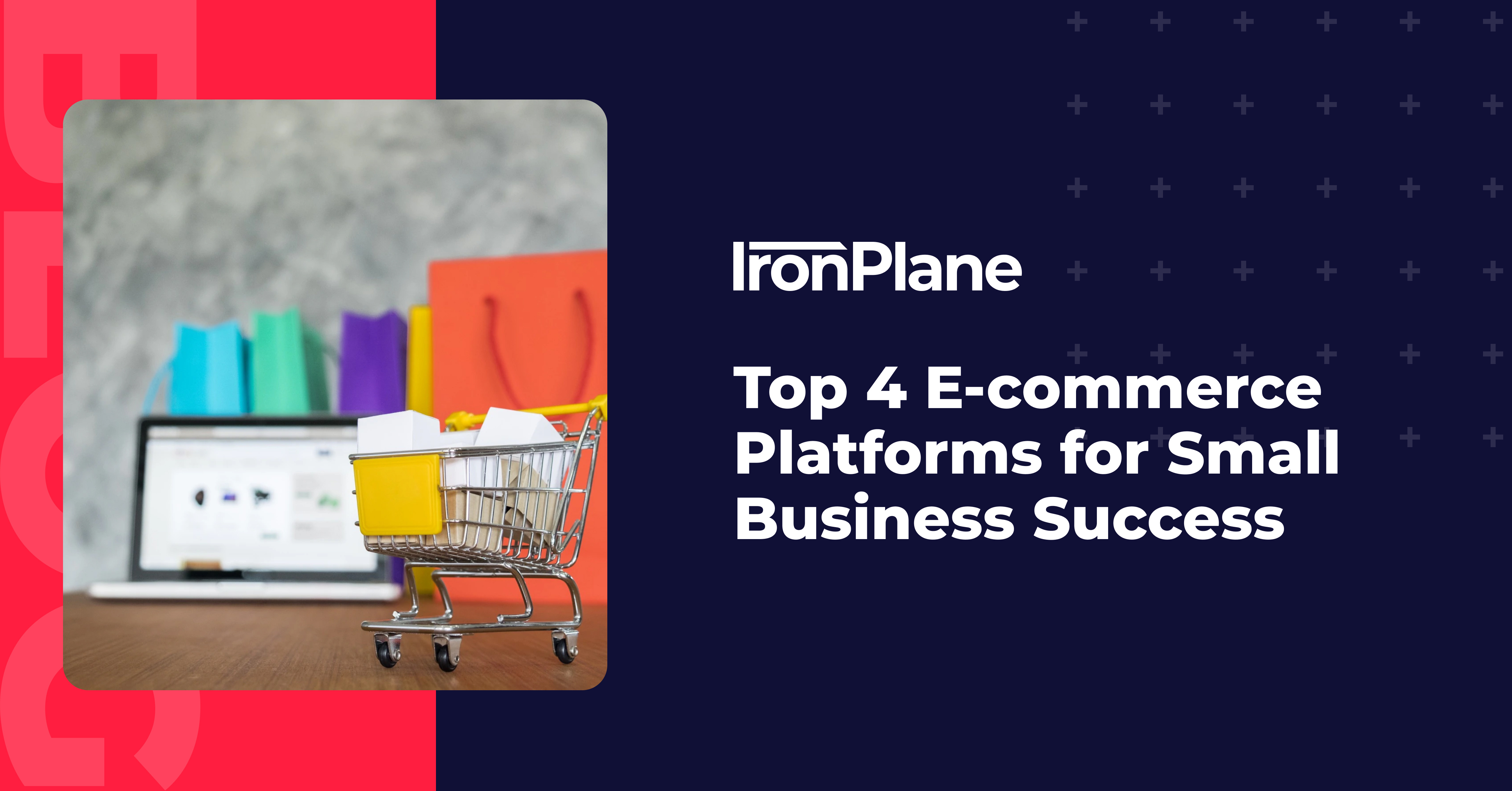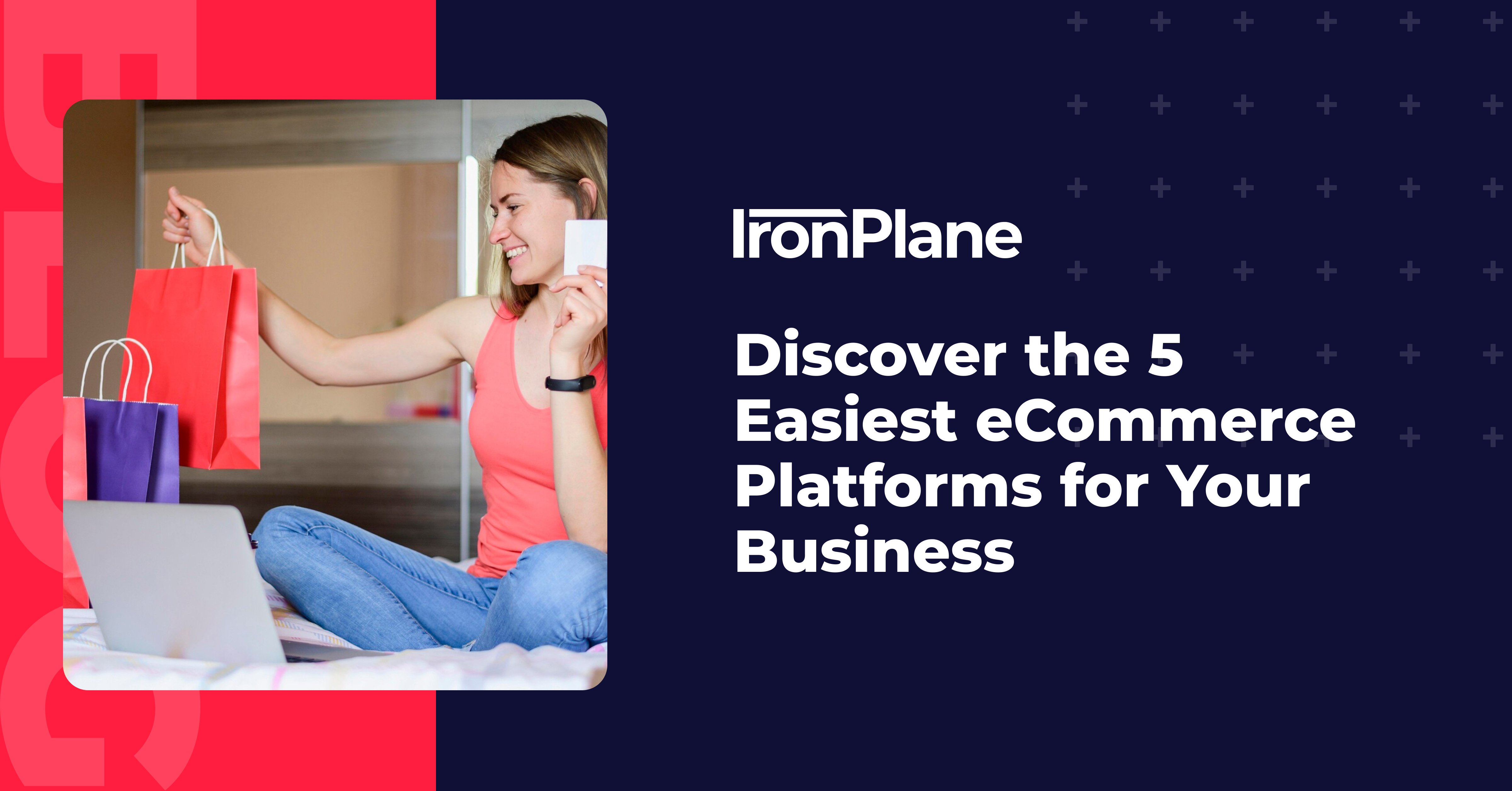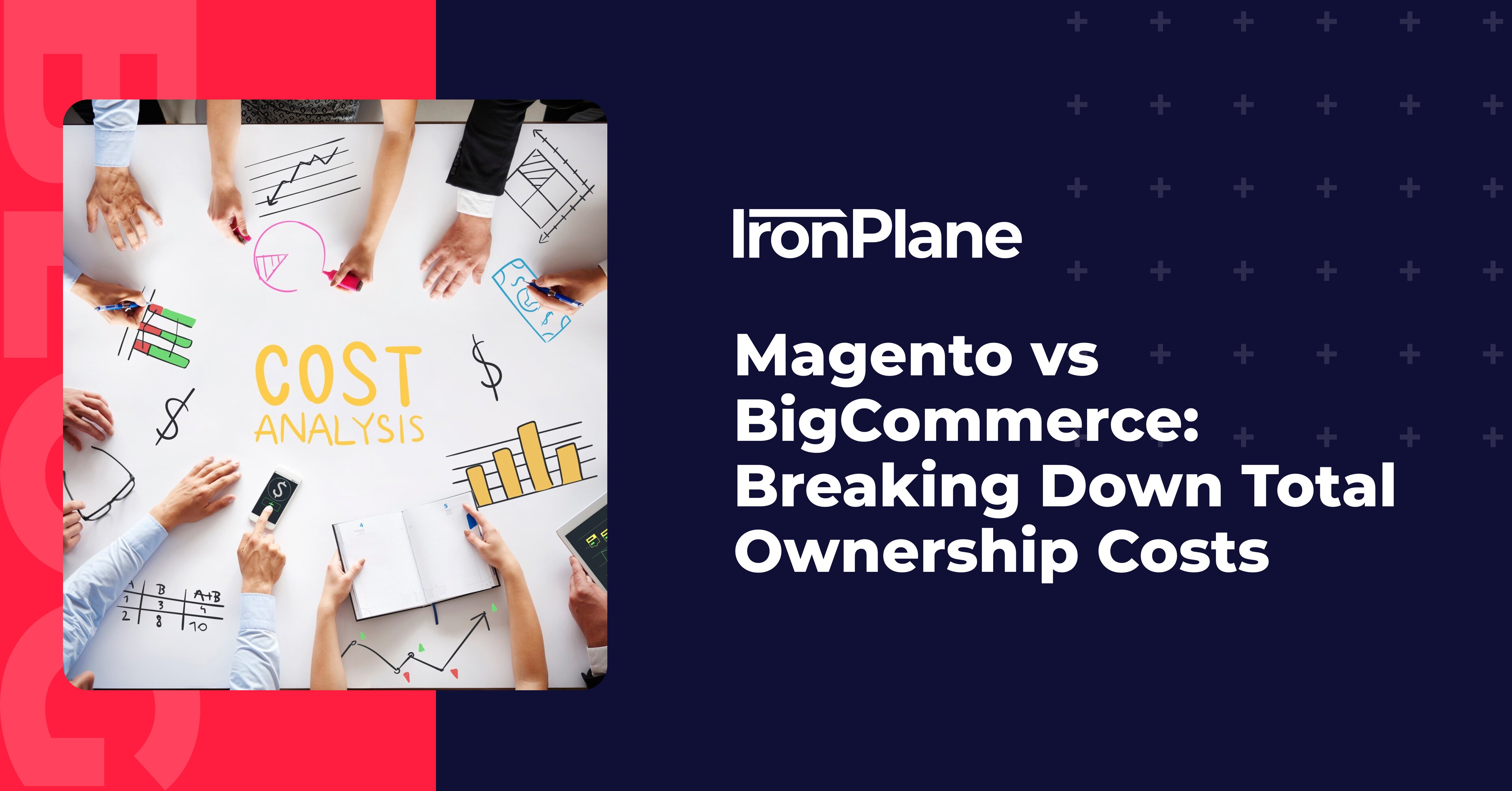The Best eCommerce Platforms for B2C Home and Garden Businesses
Explore the top eCommerce platforms tailored for B2C home and garden businesses to enhance your online presence and boost sales.

Having a strong online presence is crucial for small businesses today. Choosing the right eCommerce platform can make a big difference in how well your business does online. Let's look at some of the best options to help your business grow on the internet. It's important to pick a platform that works for your needs now and can grow with your business in the future.
Before we talk about specific platforms, it's important to understand what makes an eCommerce solution great for small businesses. Selecting the right eCommerce platform means thinking about several key things:
Ease of use and setup is really important for small businesses that might not have a tech team. Look for platforms with simple interfaces that let you create a professional-looking store without needing to know a lot about coding. Scalability is crucial as your business grows; make sure the platform can handle more traffic, products, and complex operations without needing a complete overhaul.
Cost-effectiveness is more than just the initial price. Think about the total cost, including transaction fees, add-ons, and potential development costs. Customization options allow you to create a unique brand look and stand out from other stores. Strong SEO capabilities are essential for improving your visibility in search results, while mobile responsiveness ensures your store works well on all devices.
Lastly, the ability to integrate with other business tools like customer management systems, accounting software, and marketing platforms can make your operations smoother and give you valuable insights for making decisions.
BigCommerce is a strong, cloud-based eCommerce platform that's becoming popular among small businesses. It offers many features that can help you get your online store up and running quickly. With its user-friendly interface and powerful backend, BigCommerce balances ease of use with advanced functionality, making it a good option for businesses at different stages of growth.
Key advantages of BigCommerce for small businesses include:
While BigCommerce offers many benefits, it's important to know that some advanced features might take some time to learn. However, for most small businesses, the platform provides a solid foundation for powering startup success. The platform's robust API and extensive app marketplace allow for significant customization and integration with other business tools, making it a versatile choice for growing businesses.
For small businesses with technical expertise or those planning for significant growth, Magento (now part of Adobe Commerce) offers a highly flexible and customizable solution. Known for its scalability and extensive feature set, Magento is particularly well-suited for businesses with complex requirements or those operating in specialized industries.
Magento comes in two versions:
Both options offer extensive customization capabilities, making them ideal for businesses with unique requirements or those in specialized industries. For example, Magento can be an excellent choice for automotive merchants looking for a tailored eCommerce solution. The platform's flexibility allows for the creation of complex product configurations, custom attributes, and sophisticated pricing rules.
Magento's robust architecture supports multi-store setups, making it suitable for businesses operating across multiple brands or geographic regions. Its powerful admin panel provides detailed control over every aspect of your online store, from inventory management to customer segmentation. However, this level of flexibility often comes with a steeper learning curve and potentially higher development costs, which should be considered when making your decision.
Shopify has become a popular platform for many small businesses because it's easy to use and has many features. Its simple interface and large ecosystem of apps and themes make it an attractive option for entrepreneurs who want to get their online store up and running quickly without sacrificing functionality or looks.
Here's why Shopify is popular among small business owners:
Shopify's pricing is straightforward, with plans to suit various business sizes. However, transaction fees can add up if you're not using Shopify Payments. Despite this, many entrepreneurs find that Shopify's ease of use and robust features make it a top choice for powering startup success in eCommerce. The platform's continuous updates and improvements ensure that your store stays current with the latest eCommerce trends and technologies.
For businesses experiencing rapid growth, Shopify Plus offers enterprise-level features and support, providing a clear upgrade path as your needs evolve. This scalability makes Shopify an attractive option for businesses at various stages of development, from startups to established brands looking for a more manageable eCommerce solution.
If you're already familiar with WordPress or prefer an open-source solution, WooCommerce might be the perfect fit for your small business. As a plugin for WordPress, WooCommerce uses the world's most popular content management system to create powerful and flexible eCommerce stores.
WooCommerce offers several advantages for small businesses:
While WooCommerce can be very cost-effective, keep in mind that you might need to invest in premium plugins or themes to get all the functionality you need. Additionally, managing updates and security can require more hands-on involvement compared to hosted solutions. If you need help setting up or maintaining your WooCommerce store, consider seeking professional eCommerce support.
WooCommerce's flexibility makes it suitable for a wide range of businesses, from small boutique stores to large-scale operations. Its extensive ecosystem of extensions allows you to add features like subscriptions, memberships, and complex shipping calculations as your business grows. This scalability, combined with the familiarity of the WordPress environment, makes WooCommerce an attractive option for businesses looking for a balance between control and ease of use.
To help you make an informed decision, let's compare these eCommerce platforms across key features that matter most to small businesses:
| Feature | BigCommerce | Magento | Shopify | WooCommerce |
|---|---|---|---|---|
| Ease of Use | ⭐⭐⭐⭐ | ⭐⭐ | ⭐⭐⭐⭐⭐ | ⭐⭐⭐ |
| Customization | ⭐⭐⭐⭐ | ⭐⭐⭐⭐⭐ | ⭐⭐⭐ | ⭐⭐⭐⭐⭐ |
| SEO Capabilities | ⭐⭐⭐⭐⭐ | ⭐⭐⭐⭐ | ⭐⭐⭐⭐ | ⭐⭐⭐⭐⭐ |
| Mobile Responsiveness | ⭐⭐⭐⭐⭐ | ⭐⭐⭐⭐ | ⭐⭐⭐⭐⭐ | ⭐⭐⭐⭐ |
| Third-party Integrations | ⭐⭐⭐⭐ | ⭐⭐⭐⭐⭐ | ⭐⭐⭐⭐⭐ | ⭐⭐⭐⭐ |
Remember, the best platform for your business will depend on your specific needs, technical expertise, and growth plans. If you're unsure which platform is right for you, consider seeking eCommerce consulting services to guide your decision.
Choosing the best eCommerce platform for your small business is an important decision that can really affect how well you do online. Let's go over the main things to think about:
Remember, there's no one perfect solution for everyone. The best platform for you will depend on what your business needs, what you want to achieve, and what resources you have. Whether you choose BigCommerce for its strong features, Magento for its flexibility, Shopify for how easy it is to use, or WooCommerce because it works well with WordPress, make sure it fits with what you want for your business.
If you need help figuring out which platform is best for you or setting up your online store, don't hesitate to ask for expert advice. The right eCommerce platform can help your small business thrive online, reaching more customers and growing your sales.

Explore the top eCommerce platforms tailored for B2C home and garden businesses to enhance your online presence and boost sales.

In today's digital age, having a user-friendly eCommerce platform is crucial for business success. At IronPlane, we understand the importance of choosing the right platform that aligns with your business needs and technical expertise.

Choosing the right ecommerce platform is important for your online business success. Magento and BigCommerce are two popular options for building and managing an online store.